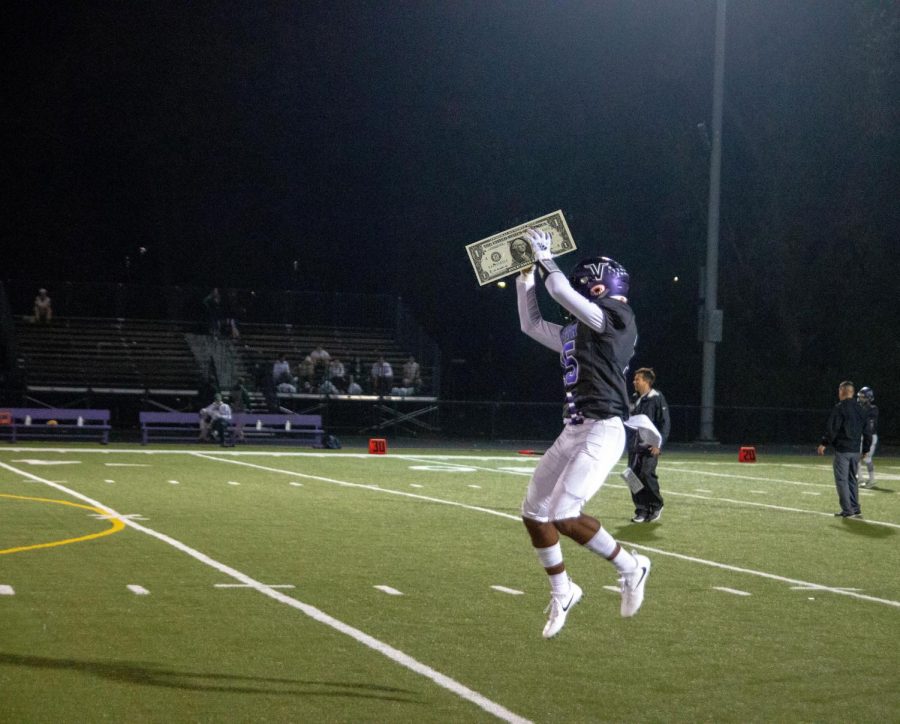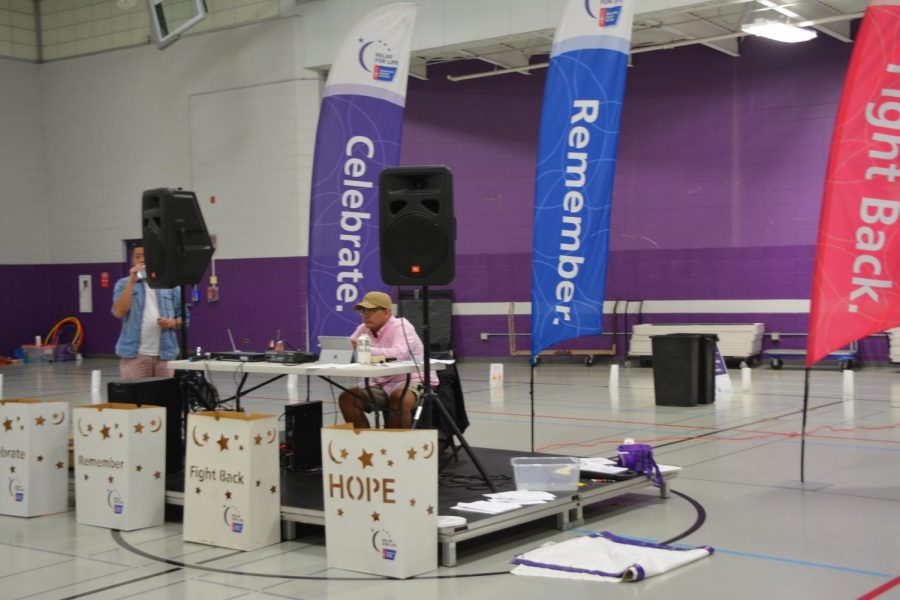The term “ageism” was developed in 1969 by the American-born Robert Neil Butler to address discrimination against elderly.
While the term’s influence broadened to reference discrimination based on any age, it’s often associated with disregarding elderly based on a perceived idea of their limited ability.
“I was once ageist towards an old man,” sophomore Omar Ghayyur said. “It was at a bus station. I judged him because he was an old man. I thought he didn’t know what he was talking about.”
Ageist ideas like assuming elderly are cognitively slow, suffer from memory loss, or would not understand the concerns of today’s world are prevalent and entrenched in our society. These stereotypes disadvantage elderly anywhere from the eyes of the law to the job market.
“I worked for IBM right after college, and they had this voluntary retirement program. I signed up for it, but […] I think it was more geared towards getting the old people out,” Physics teacher Conrad Musleh said.
On the flip side, young people can also be disadvantaged in the workplace on account of their age. Just as employers may object to hiring anyone over their fifties, they may also refrain from hiring young workers who presumably would not have the experience to carry out specific duties.
“I’m on [the] varsity [football team] and they wouldn’t start me because of my age and [because] I’m inexperienced, yet playing with older kids,” freshman Damone Williams-Gray said.
Ultimately, whether the recipient is young or old, ageism stifles contribution and expresses to an individual that their input is not valued.
Unlike racism or sexism, ageism does not have one clearly privileged group. It touches the young and the old alike. Only a sliver of the population within a mid-range age group is truly on the top of the pyramid, and a privilege position in society on the basis of age is relatively short-lived.
The fact that this accepted form of discrimination affects everyone regardless of their background makes its pervasiveness and lack of awareness even more surprising to me.
“Part of it is internalized in family values,” junior Martina Scofano said. “No one considers it a problem to be fixed.”
Social norms favoring one age group above another can hide behind the mask of family values. From venerating elderly to doting upon youth, status differing among different age groups is not new, but that does not mean it is justified.
“I don’t think it’s so obvious. [Ageism] could easily be explained away by employers or anyone else,” Musleh said.
In general, microaggressions of any variety are explained away everyday. If notable progress cannot be made to combat ageism, an issue where anyone and everyone can relate to the marginalized group from firsthand experience, then I have little hope for other campaigns against discrimination, which often attempt to invoke empathy to aid their cause.
Photo by Beatrize Stephen-Pons













